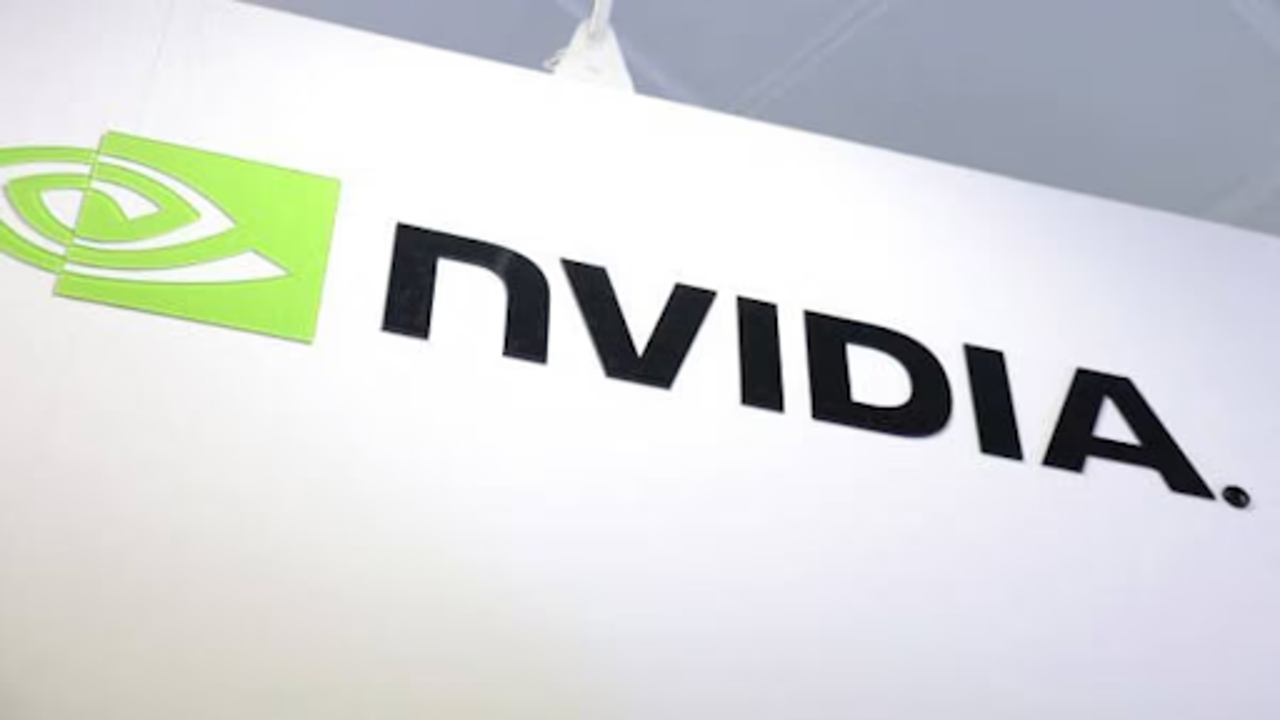
Dan Morgan, a senior portfolio manager at Synovus Trust, appears on BNN Bloomberg to break down Nvidia's most recent earnings report. He discusses the company's financial performance and what it could mean for its future.
Nvidia Corporation, a leader in artificial intelligence (AI) chip technology, released a sales forecast for the third quarter that fell short of some of the more optimistic predictions, sparking concerns about the company's growth potential. The company projected revenue of $32.5 billion, slightly above the $31.9 billion average estimate but lower than some forecasts, which reached as high as $37.9 billion. This outlook led to a 5% drop in Nvidia's shares during after-hours trading, despite their impressive performance earlier this year.
A major factor in the disappointing forecast is the production issues surrounding Nvidia's upcoming Blackwell chip, which is highly anticipated in the tech industry. These manufacturing challenges have caused concerns among investors, as the chipmaker is crucial in supplying AI accelerators used to power data centres that are essential for AI software. Nvidia CEO Jensen Huang acknowledged the production hurdles, stating that the company is making necessary adjustments to improve manufacturing yield. Despite these challenges, Nvidia expects Blackwell to generate billions in revenue by the fourth quarter, contributing to long-term growth.
Nvidia has experienced an extraordinary surge in demand, driven by AI's increasing adoption. Its stock has doubled in 2024, making it one of the top-performing companies in the S&P 500 Index. However, analysts have raised concerns about the sustainability of this growth, particularly as a significant portion of Nvidia's revenue—around 40%—comes from large data centre operators such as Google and Meta. These companies are heavily investing in AI infrastructure, but there are fears that the pace of investment may lead to an overbuilt market, potentially creating a bubble.
Despite these concerns, Nvidia's CEO remains optimistic, believing that AI represents the beginning of a new technological era. Nvidia’s strong second-quarter performance backs up this confidence. The company reported revenue of $30 billion, surpassing analysts’ predictions of $28.9 billion. Its data centre division, which generated $26.3 billion in revenue, has become Nvidia's largest source of sales. Nvidia’s gaming chips division also performed well, with revenue reaching $2.9 billion.
Nvidia’s success can be attributed to its early recognition of AI's potential, allowing the company to dominate the AI accelerator market. These specialized chips, originally developed for gaming, are now essential for training and running AI models. Nvidia’s technology powers various AI-driven platforms, including OpenAI's ChatGPT, which relies on Nvidia's hardware for processing vast amounts of data.
However, competitors like Advanced Micro Devices (AMD) and Intel are making strides to catch up with Nvidia in the AI chip market. Even though these rivals have a long way to go, Nvidia's leadership in the AI sector remains unchallenged for now.
Looking ahead, Nvidia expects Blackwell to fuel a fresh wave of growth. While the production delays have raised concerns, analysts believe that the company's current product lineup can sustain demand in the near term, mitigating potential financial impacts.















